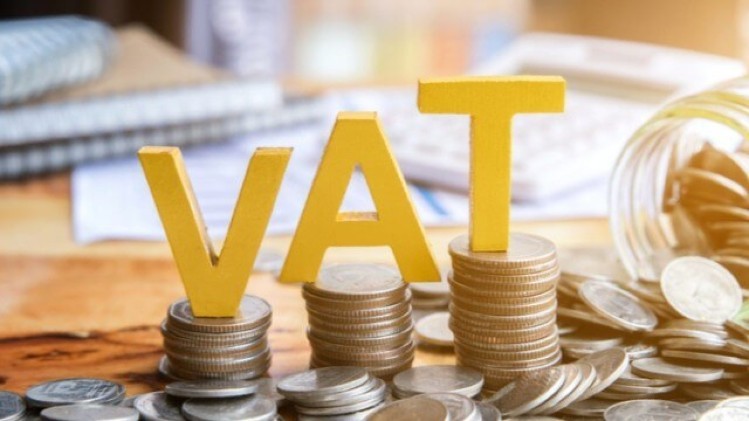With the 29.3 per cent increase in Value Added Tax revenue in Nigeria in 2020, experts have urged the Federal Government to expand its tax collection base by focusing on indirect taxes to improve revenue collection.
The Federal Government in 2020 generated the sum of N1.53trn revenue from VAT, being an increase of 29.3 per cent when compared to N1.18trn recorded in 2019.
Advertisement
Available data, according to the National Bureau of Statistics, showed that professional services generated the highest amount of VAT with N162.32bn, closely followed by manufacturing sectors with N154.15 bn.
Speaking on the development, Ayo Salami, Partner in the Tax, Regulatory & People Service Practice of KPMG said there is the need to boost revenue collection to fund the N13.59 trn 2021 budget, stating that the government revenues have been relatively low in recent times.
Salami who was featured at the Arise TV Global Economy Show said that it had become imperative for the government to refocus its attention from direct tax to indirect taxes, in order to boost its revenue base.
He said, “Refocusing on indirect taxes is the basis of the national tax policy, which proposes that the government should be able to focus on indirect tax as opposed to direct taxes. And we can see the impact of the rate increase of 2.5 percent in VAT on VAT income for 2020.”
Advertisement
Speaking on reforms in the Nigerian oil and gas sector, Salami said that the government as well as operators must understand the major components of oil production cost in Nigeria.
According to him, the three major factors that drive the total cost of oil production include; the cost of security, the cost of oil theft which could be as high 20 – 25 per cent, and the contracting cycle which also comes with the overall cost.
He said, “These factors are what drives the overall cost of production in the oil sector, and they are usually beyond the control of producers, these are issues that the government should fix in order to reduce the cost of production in the industry.”
Salami noted that there had been a continuous decline in the revenue from the sector, leading to poor government revenue generation.
He said, “If you look at the trajectory of oil revenue since in 2018, you would see a steady drop, this shows that the sector is being challenged even before the covid-19 outbreak.
Advertisement
“Oil revenues in 2018 were about N1.51trn, N1.44trn in 2019, and about N1.46trn in 2020.
“There are factors that would have enabled us to achieve better revenue from the industry last year, in 2019 we made an amendment to the deep offshore Act, which introduced royalty for deep offshore production, and that implementation started in 2020.
“The discussion around the passage of the PIB is quite important for us, if we are able to pass that bill this year, it might act as an enabler to unleash the potentials and drive activities in the sector.
“We also made an amendment to the finance Act 2019, which brought in the introduction of withholding tax on dividend declared by oil and gas companies, again that was a source of revenue for the government and lastly, the budgeted benchmark oil price was $28 per barrel.
“I thought we should have generated more from the oil sector last year, but for the covid-19 pandemic. Again this shows that the sector is challenged and we are hoping that as we pass the PIB this year as promised by the Senate, we should see a turnaround in the industry.
“Also, our VAT collection was more than doubled last year, due to the VAT rate increase. If you look at the expenditure profile of the country, last year we did about 96.6 percent.”



